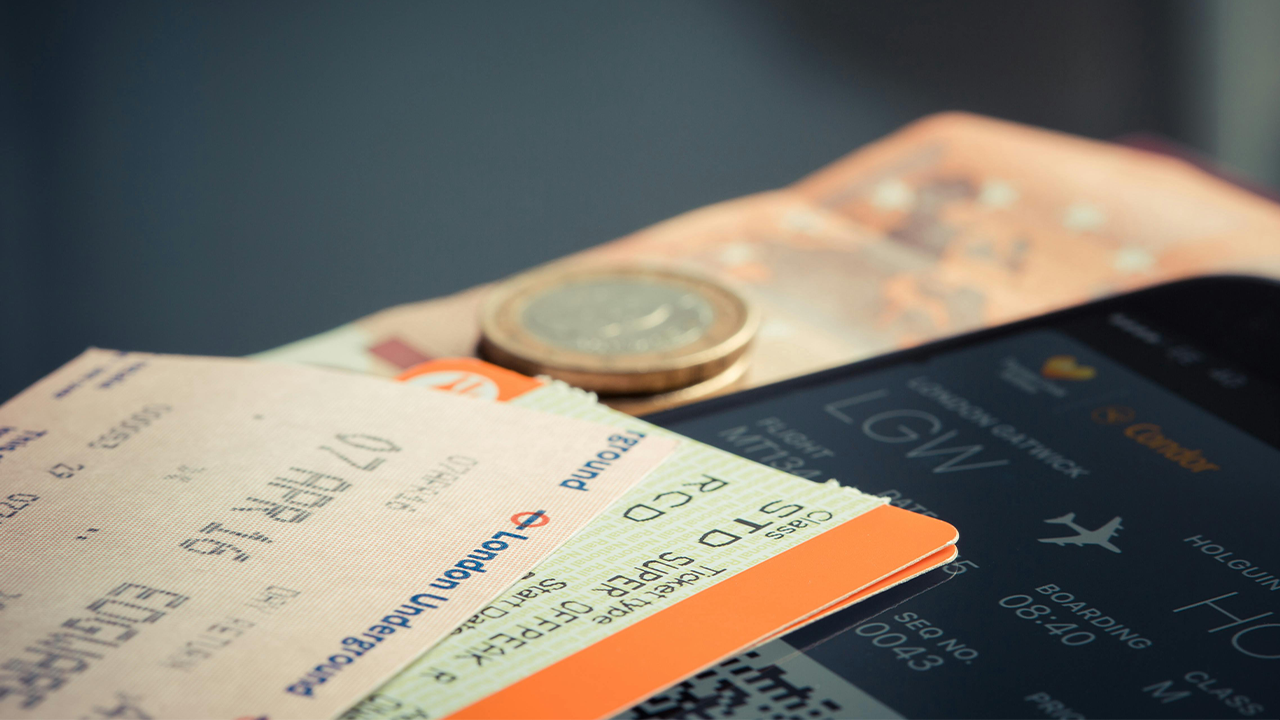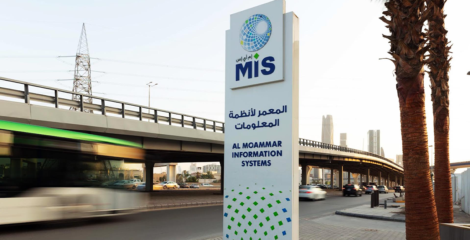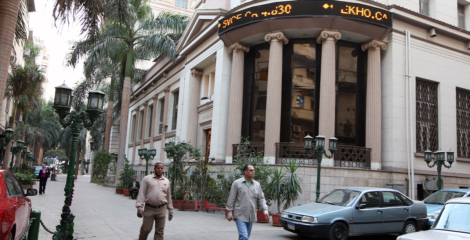- Airfare prices are rising in 2025, driven by inflation, increased airline costs, and a shortage of planes limiting capacity.
- Production delays and labor shortages at Boeing and Airbus are slowing aircraft supply, making it harder for airlines to expand.
- Low-cost airlines are also increasing fares as they struggle with higher fuel, maintenance, and airport fees, affecting budget travel.
If you’re flying in 2025, prepare to pay more as airfare prices are set to soar, driven by inflation, airline costs and a shortage of planes.
Airlines
What is happening? The price of airplane tickets to soar in 2025 continuing the increases seen last year.
The Global Picture The British Retail Consortium details that inflation has reached its high point in almost a year due to high food inflation and air travel prices.
Additionally, the US Bureau of Labor Statistics, announced a 7.3% increase in ticket prices to Europe in 2024. Meanwhile, the European Travel Commission and the Eurail Pass Authority indicate through a survey that the volume of travelers from Asia, South America and the US to Europe is expected to be lower than last year. According to the survey, affordability remains the biggest barrier to international travel.
This might also impact nearby travel and low-cost airlines as their prices are also facing an increase. This is because airlines are increasingly indicating that the need to cover their rising operating costs. For instance, UK-based aviation and travel company Jet2 reported in February that operating costs were rising in areas such as aircraft maintenance, airport fees and fuel
This raises the question: Why are airfare prices soaring so high?
Staff Shortages
Why are prices soaring? Reuters reports that rising fares could be due to a limited capacity growth due to a shortage of planes. This means that airlines have passengers but not enough planes, thus causing rates to soar. Moreover, this shortage of planes is due to production and engine delays that are limiting the industry’s growth plans.
Boeing and Airbus have both been facing supply chain challenges and labor shortfalls which have prevented them from meeting production needs. This is a result of aerospace companies shedding workers during the pandemic when travel demand collapsed. Additionally, more recently Boeing cut 17,000 jobs amid a workers strike citing a need for structural changes due to their financial situation.
Now, with a shortage of staff, aerospace companies are struggling to train new employees in order to increase production of planes. Meanwhile, airlines are struggling with a shortage of trained pilots, making the possibility of bargain flights even more difficult.
If you see something out of place or would like to contribute to this story, check out our Ethics and Policy section.














